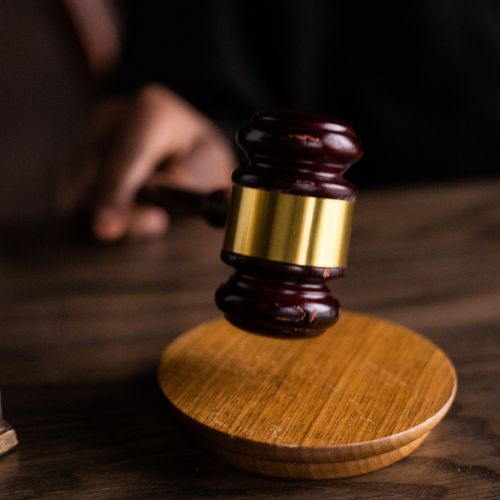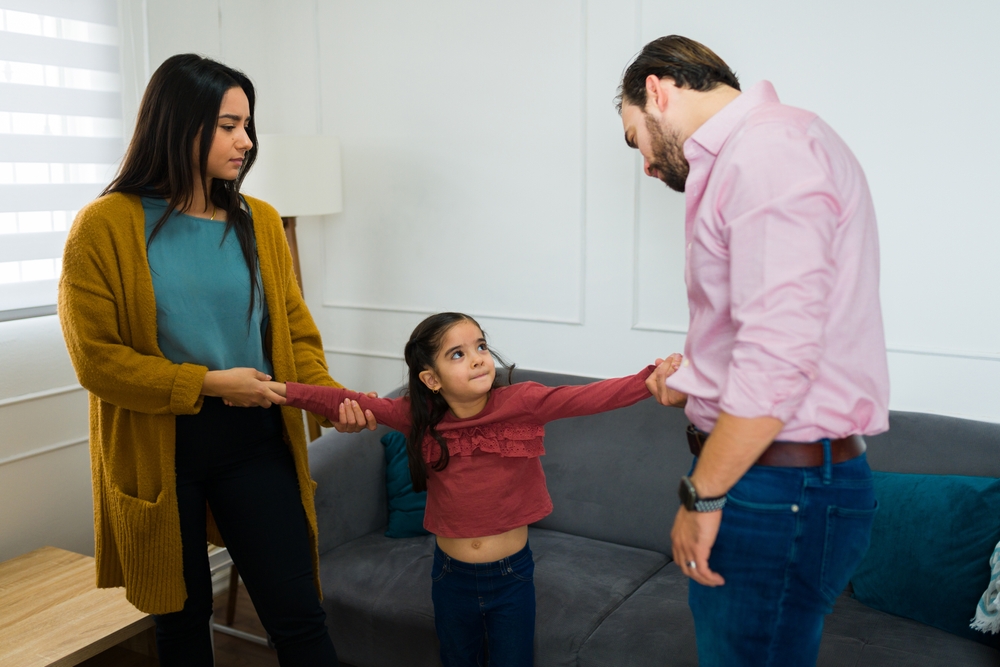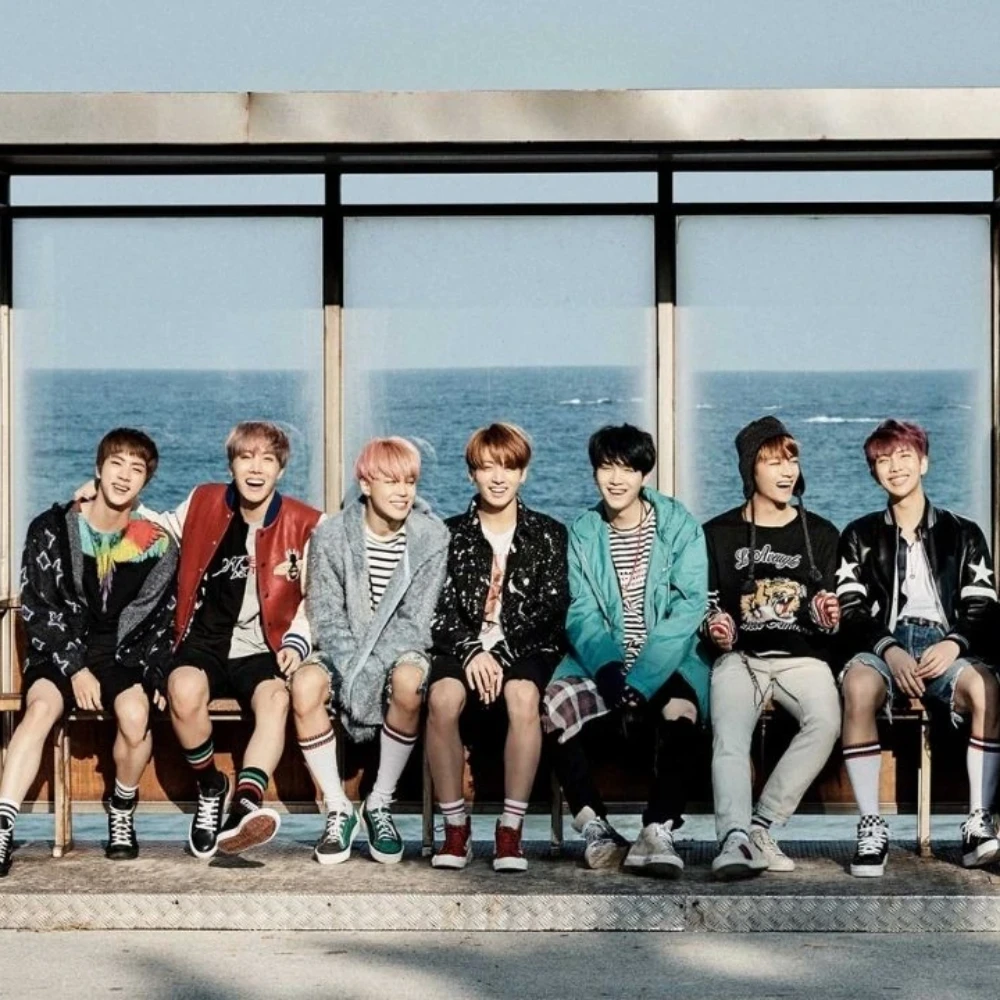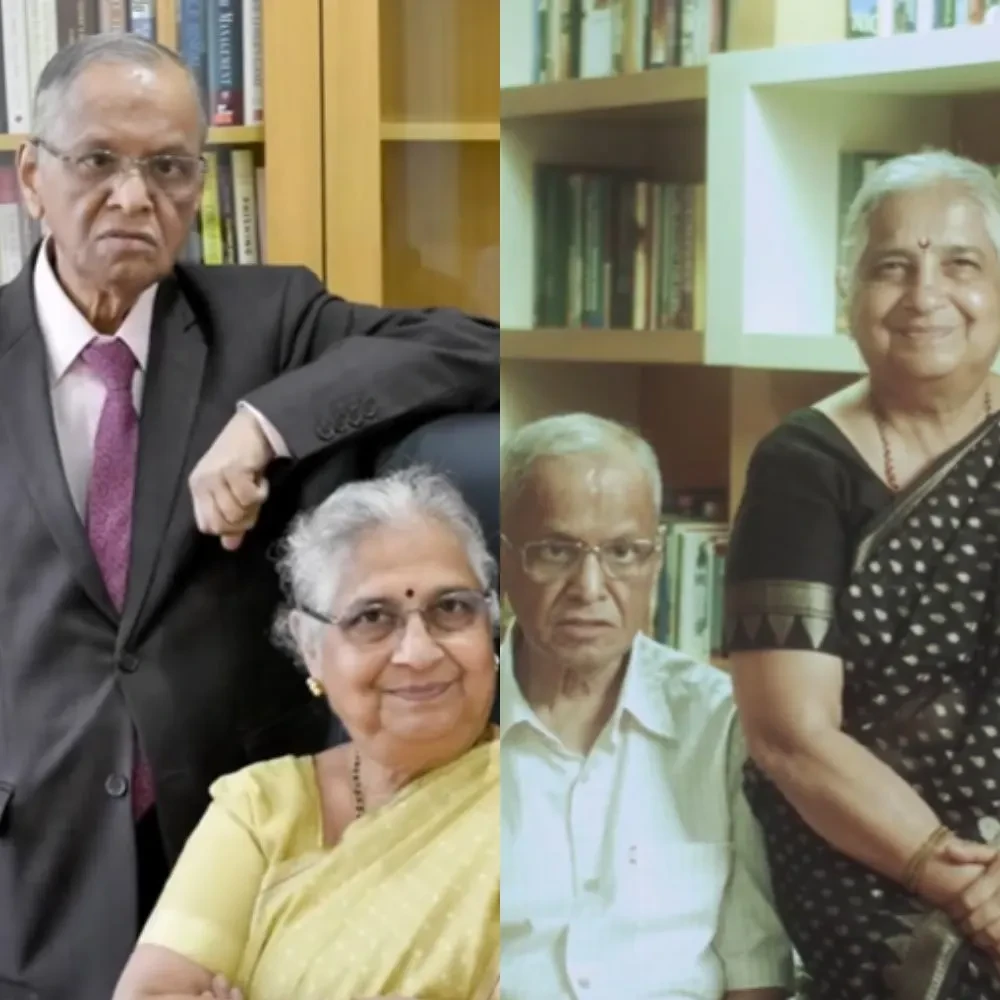Empowering Parents: Unveiling the Path to Sole Legal Custody
Ensure parental rights with sole legal custody. Understand the legal process, discover its pros and cons, and learn about the different types of custodies.

Divorce may be emotionally taxing, particularly if there are kids involved. The decision of sole legal custody can complicate the situation, leading parents to seek court intervention. To provide a secure and loving environment for their children, parents must grasp the concept of guardianship, prioritizing the children's best interests through effective communication, cooperation, and their overall well-being.
Within this article, our objective is to delve into the realm of guardianship, seeking wisdom and fostering awareness. Even in the face of the difficulties that divorce can bring, by encouraging the values of kindness and harmony, we can make sure that our kids stay happy in a loving and protective environment. Let's navigate the road to ensuring our children's well-being and exploring ways to build a better future for them.
What is Sole Custody?

A custody agreement that gives one parent reserved legal control gives that parent the power to make important choices on their child's behalf. Usually, these choices are impacted by aspects including medical care, beliefs, recreational pursuits, etc.
When one parent has sole legal custody, they can make decisions without consulting the other parent or getting their permission. This signifies their ability to make significant decisions regarding the child's education, cultural upbringing, and other important matters, without requiring the immediate involvement or input of the noncustodial parent.
It's critical to take note of the fact that sole lawful guardianship isn't guaranteed to suggest sole actual care. This emphasizes decision-making authority, whereas physical custody refers to the primary residence of the child. In some cases, one parent could be granted sole custody of the child while the other one has shared physical custody or visiting privileges.

A court typically decides whether to grant sole custody, taking into account the child's best interests. The court will look into factors such as the parent's ability to communicate with the child, the safety and security of the potential custody environment, and the level of dedication and involvement that each parent showed in the child's life.
Obtaining sole legal guardianship can provide a sense of stability and consistency for the child, as decisions are made by one parent without potential conflicts or delays caused by disagreements between two non-agreeing parents. However, it’s the responsibility of the parent in charge to act in the child's best interests and pay attention to the child's special requirements and circumstances.
It is generally advised for both parents to have a supportive and cooperative parenting relationship where they share responsibilities effectively. The noncustodial parent can still make an important contribution in the kid's life through visitation or staying in touch often, and being involved in the child's upbringing. In the end, it is intended to safeguard the child's well-being and provide a structured setting where significant decisions are made in their best interest.
According to Helena Roman, a Relationship Strategist & Empowerment Coach and the Founder of Sage Love Advice, “The parent can prove they are fit for custody by showing the court that the parent is able to meet the child's best interests and make correct decisions for the child's wellbeing. This includes the parent's ability to communicate with the child, the parent's dedication to the child as primary caregiver, and their ability to provide a safe, healthy, consistent and structured environment for the child, as well as meeting the child's special circumstances. The parent seeking sole legal custody should be able to show that they are able to make sound decisions regarding medical care, education, nutrition, religion, bedtime practices and future endeavors. Depending on jurisdiction, the courts may consider differing factors when deciding on awarding sole legal custody. The courts will take into account the child's best interests and will look into factors such as the parent's abilities regarding custody environment, parental dedication and involvement in their child's life.”
Types of Custody Under Family Law

Several types of custody can be considered in child custody arrangements. The specific types of custodies may vary depending on the jurisdiction and legal system. Here are some common types of custody:
1. Sole Custody

This means that one parent has both physical and legal custody of the child. The child primarily resides with this parent, while the other parent typically has visitation or “parenting time” rights.
2. Joint Custody
In joint custody, both parents share the physical and legal rights of the child. The child spends equal time with both parents, and they both have the legal authority to make essential decisions that will affect the child's welfare. It requires cooperation and effective communication between the parents.
3. Physical Custody

Physical custody refers to where the child primarily lives and spends their time. This also includes decisions related to education, healthcare, and general welfare. The parent with sole legal custody has the power to make these decisions independently, without needing input or consent from the other parent.
4. Legal Custody

Legal custody is the right to make key decisions regarding a child's upbringing, including those involving their education, general welfare, and future endeavors. It can be sole legal custody, where one parent has the exclusive right over the child to make decisions, or joint legal custody, where both parents share decision-making authority.
5. Visitation Or Parenting Time

Parenting time, often known as visitation, refers to the designated times when the noncustodial parent sees the child. It enables the parent who does not have physical custody of the kid to nevertheless have a close relationship with their kid.
6. Split Custody

Split custody is a less common arrangement where there are multiple children involved, and each parent has primary physical custody of at least one child. It means that the siblings are separated, with each parent being the primary caregiver for specific children.
It's crucial to remember that these explanations are only broad guidelines and that custody agreements might change based on the particularities of the situation and the laws in your area. A better grasp of the exact custody alternatives available in your circumstance will come from speaking with legal experts.
Difference Between Sole Legal And Sole Physical Custody

Sole physical custody and sole legal custody are two distinct components of child custody arrangements, each with its focus and implications. Even though they are connected, they are different aspects of parental rights and responsibilities for a child's upbringing. The distinctions between the two custodies are as follows:
Sole Physical Custody:

- Sole legitimate care awards one parent the selective power and obligation to settle on significant choices regarding the child's childhood, including matters connected with training, medical services, religion, and general government assistance.
- The parent who holds legal custody rights is referred to as the custodial parent, and the child primarily lives with them.
- The custodial parent is in charge of the child's everyday care, which includes things like food, bedtime practices, conveyance, and routine tasks.
- The noncustodial parent in this situation usually receives visitation rights or parenting time, enabling them to spend specific times with the kid as established by the custody arrangement or court order.
- The custodial parent with sole physical custody has the authority to make routine decisions regarding the child's daily life without requiring input or consent from the noncustodial parent.
Sole Legal Custody:

- This custody refers to a custody arrangement where one parent has the exclusive authority and responsibility to make important decisions regarding the child's upbringing.
- The parent with sole custody rights has the power to make decisions in areas such as education, healthcare, religion, and general welfare without needing input or consent from the noncustodial parent.
- This encompasses decisions regarding the child's education, medical care, religious upbringing, recreational activities, and other important matters that impact the child's development and overall well-being.
- The parent with sole guardianship has the final say in major decisions, ensuring stability and consistency in decision-making for the child's upbringing.
- In this situation, the noncustodial parent could still have permission to view details concerning the child's growth and well-being, but they are not legally permitted to decide or enjoy any say in decisions.
One parent may have both sole physical and sole legal custody, which would give them control over the child's upbringing as well as the right to make decisions. The other parent may have visiting privileges or shared physical custody, but it is also possible for one parent to have exclusive physical custody. The noncustodial parent may continue to be engaged in the welfare of the kid in certain situations, but they do not possess the right to make decisions.
Depending on the facts of the incident and what is considered to be best for the sake of the child, a certain parenting order will be decided. It's crucial to get legal advice to comprehend the ramifications of each form of custody and choose the arrangement that would be best for the child's welfare.
What is Full Custody: Understand Your Rights

Full custody is a custody arrangement where one parent has both physical and legal guardianship of the child, primarily residing with them. This arrangement enables the parent to have full parental rights on the child's upbringing, medical services, spirituality, and extracurricular endeavors without seeking the other parent's input or approval. According to the custody agreement or court order, the noncustodial parent may only have restricted contact or parental involvement in this kind of custody agreement. Depending on the country or legal context, the word "full custody" may have varying implications. Consult with legal professionals to understand the specific laws and terminology used in your jurisdiction to fully grasp the implications and specifics of custody arrangements.
Pros And Cons of Sole Legal Custody

The sole custodian has exclusive authority to make important decisions for the child which comes with its own set of advantages and disadvantages.
Pros of Sole Legal Custody
1. Decision-making Authority

The parent with full custody rights has the power to make important decisions regarding the child's education, healthcare, religion, and general welfare without needing to consult or obtain consent from the other parent. This can provide a sense of control and allow for efficient decision-making.
2. Stability And Consistency

This may offer stability and consistency in decision-making for the child's upbringing. It eliminates potential conflicts or delays caused by disagreements between parents and ensures that decisions are made in a timely and consistent manner.
3. Clear Responsibility

It can provide a clear delineation of responsibilities, allowing the custodial parent to take full ownership and accountability for making decisions in the child's best interests. This can provide a sense of confidence and certainty for the parent and child.
4. Streamlined Communication

With exclusive custody, there may be a reduced need for ongoing communication and negotiation with the other parent for decision-making purposes. This can be beneficial if there is a high level of conflict or difficulty in effectively communicating with the other parent.
Cons of Sole Legal Custody
1. Lack of Input from Other Parent

The noncustodial parent could feel as though they are not included in critical decisions and have little control over the child's life. This may make the noncustodial parent feel frustrated or alienated, especially if they have insightful or unique ideas to share.
2. Strained Co-parenting Relationship

It may strain the relationship between the parents, especially if one parent feels marginalized or excluded from decision-making. This can hinder effective co-parenting and create a less cooperative environment for the child's well-being.
3. Burden of Decision-making

The custodial parent has a great deal of pressure to act in the child's best interests when they have sole legal custody. Sometimes, especially when presented with difficult or divisive options, this may be overwhelming.
4. Limited Checks And Balances

With legal custody, there is less opportunity for shared decision-making and input from both parents, potentially limiting the diversity of perspectives and ideas that can benefit the child's upbringing.
Conclusion
Sole legal custody offers parents the exclusive authority to make crucial decisions for their child's upbringing, but it also has drawbacks like lack of input, strained co-parenting relationships, decision-making burden, and limited checks and balances. The best custody arrangement prioritizes the child's well-being and best interests. Parents should assess their circumstances, consult with legal professionals, and explore alternative options to promote effective co-parenting, healthy communication, and overall development. Open communication, considering the child's perspective, and cooperation in decision-making can help mitigate challenges and foster a positive co-parenting relationship for the child's benefit.
ALSO READ: Olivia Wilde and Jason Sudeikis's Custody Battle Explained
Custody Trailer OUT: Naga Chaitanya returns to action and how, Krithi Shetty plays his love interest





 JOIN OUR WHATSAPP CHANNEL
JOIN OUR WHATSAPP CHANNEL







































































